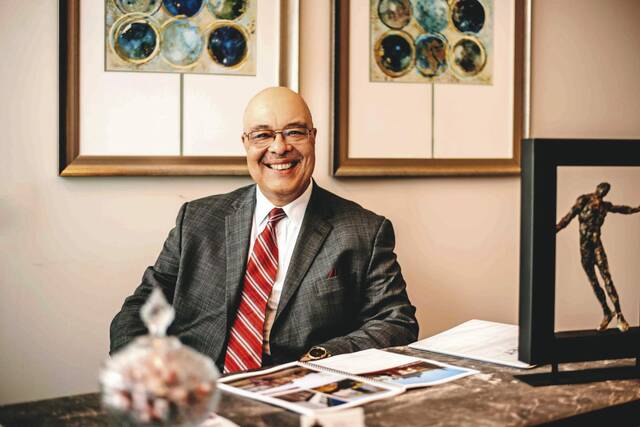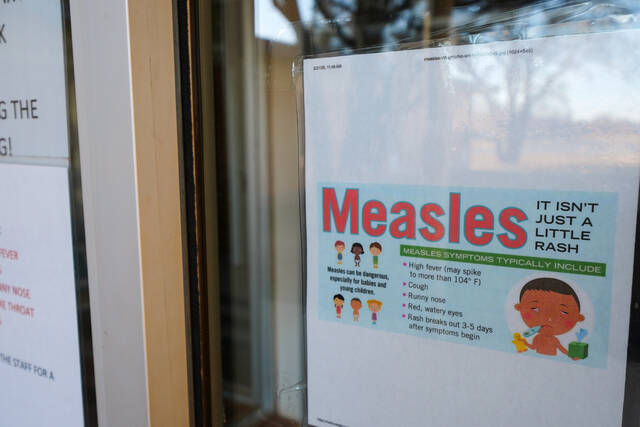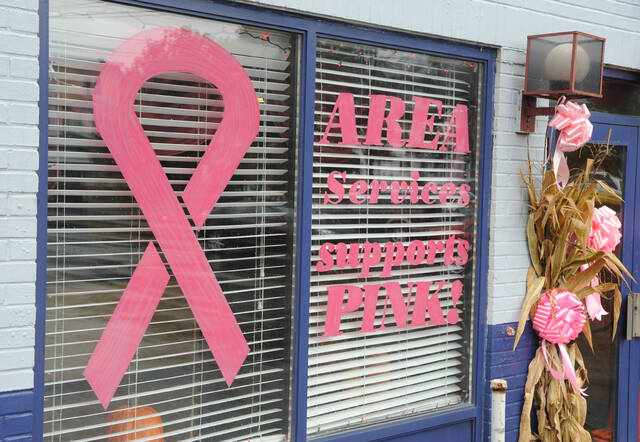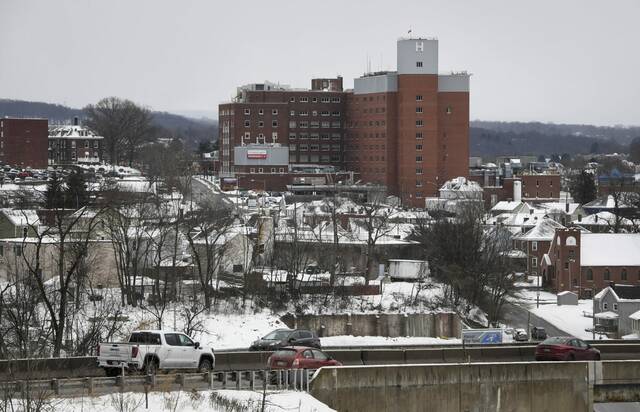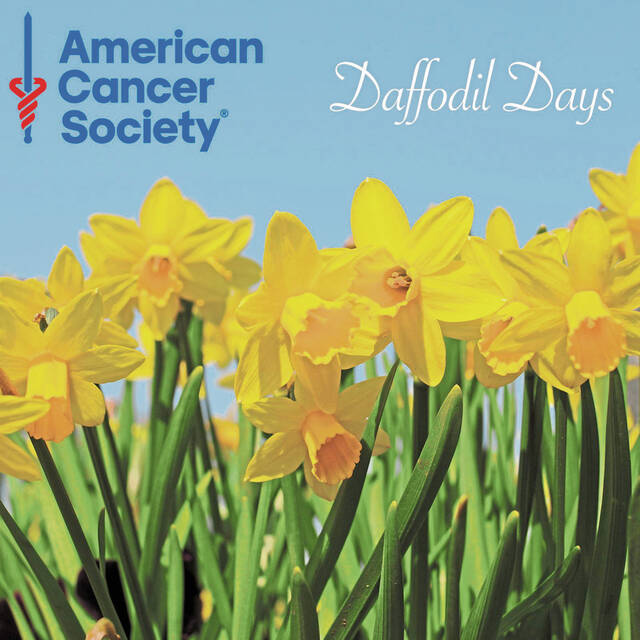A proposal to impose a 1% tax on college tuition and medical bills in Pittsburgh is facing opposition and potential legal problems.
Councilman Ricky Burgess introduced the measure Tuesday. Students seeking higher education in colleges, universities and advanced technical schools would be assessed a 1% tax on their tuition before financial aid, grants or scholarships are factored in. It also would apply to patients at the city’s medical facilities, on the amount charged before insurance.
The tax money — projected to be least $50 million a year — would be put into a trust fund earmarked for the city’s infrastructure needs, a problem that has drawn increased attention from local officials since Fern Hollow Bridge collapsed in the city’s Frick Park in January.
“The bill itself is troublesome,” City Controller Michael Lamb said. “The end result has to be a meaningful contribution from nonprofits, not from their students and not from their patients.”
Lamb said adding extra costs when the country is facing a “student loan crisis” and many people are struggling to afford medical bills isn’t the answer. Instead, Lamb and other local officials said the proposed tax on students and patients should be scrapped and replaced with a system in which nonprofit medical facilities and higher-education institutions contribute to the infrastructure fund directly.
“The city provides services to large nonprofits, and they should pay their fair share for that,” Lamb said.
Council President Theresa Kail-Smith said council, along with the mayor and state officials, should collaborate with universities, hospitals and other nonprofits to find solutions that are “less concerning for the community.”
“I have children with student debt, so nothing about that is appealing to me,” Kail-Smith said of directly taxing students and patients. “We have senior citizens who are saying they can’t afford any more.”
Councilwoman Erika Strassburger said she’s heard from concerned constituents since the legislation was introduced.
“As someone who represents a district that includes several colleges and universities and medical facilities, I have serious concern,” Strassburger said. “I’ve already heard from students and patients that this would add to the burden of their already high-cost higher education” and medical expenses.
Strassburger said the city needs to find new ways to pay for infrastructure improvements, as long as it finds “the right people to tax, the right entities to tax,” rather than people who are already financially burdened by college and medical costs.
While Strassburger said she couldn’t see supporting the proposed legislation, she added that she hoped this would be a “conversation starter with our large nonprofits or other large systems as partners in that effort to fund our infrastructure long-term.”
Councilman Anthony Coghill said he thinks nonprofits, universities and hospitals should be paying their fair share. He said he would not support any measure to implement taxes on students and medical patients.
Likewise, Councilman Corey O’Connor said he understands the need for increased infrastructure funding, but he will oppose the tax.
Burgess defended the measure on Wednesday.
“We are in an infrastructure crisis. We have bridges that are falling down in the city of Pittsburgh,” Burgess said. “New hospitals are great, but it does not help a person if they’re on a bridge and the bridge falls down. College education is wonderful, but it does not help a person if they’re on a bridge and the bridge falls down.”
Burgess said he is willing to work with universities and medical institutions to “determine the best vehicle to create these funding streams, specifically regarding infrastructure.”
Dan Laurent, a spokesman for Highmark Health, parent company of the medical provider Allegheny Health Network, said, “While we are still in the process of assessing (the proposal), and look forward to a healthy discussion with city leaders about its implications, we do have serious concerns about any such endeavor that adds an additional financial burden on those requiring medical care.”
David Seldin, assistant vice chancellor for communications at the University of Pittsburgh, said the university also looks forward to “reviewing this legislation and engaging with the city further on this topic.”
Several other universities and medical facilities declined to comment.
Mayor Ed Gainey also declined to comment. Spokeswoman Maria Montaño said the mayor’s office is still reviewing the measure, which she said the office did not learn about until it was introduced Tuesday.
Even if the measure gained enough support from members of council, it would face “major legal hurdles,” Lamb said.
A second-class city can’t levy sales taxes, Lamb said, and he interprets the measure as a sales tax on services. Nonprofits also can’t be taxed, he added.
“I’m not too concerned about it, because I think the proposal won’t happen,” Lamb said.
A similar measure was introduced under former Mayor Luke Ravenstahl’s administration in 2009, and it failed amid legal concerns, Lamb said.
“As everything else in our city, we move forward with the best of intentions to do what’s possible in order to raise these funds,” Burgess said. “So we will certainly look at its legality and get various opinions about it.”
The measure would require a public hearing ahead of a City Council vote. It will appear on council’s standing committee agenda for further discussion next week.


